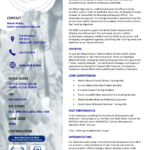


Personalized Training Solutions
Providing high-quality, medical-based practical effects training products that transform how responders prepare for real-world emergencies. Our CRE-8 SFX custom-made and bundled product sets are meticulously designed to equip trainees for more effective lifesaving and recovery efforts. We simplify the entire procurement process, ensuring you get precisely the products you need to achieve your training goals.
Our deep hands-on experience drives our capability to not only source and procure the best commercially available practical effects training products, but also to design and produce custom effects tailored to your specific training scenarios.
What Sets Us Apart
Hybrid Product Development: Innovation Through Collaboration
At CRE-8 LLC, we utilize a hybrid approach to product development, strategically combining our in-house expertise with specialized external partnerships. This allows us to craft innovative, high-quality, and highly realistic training products that meet the precise needs of our clients.
How We Deliver Excellence
We manage the core development and strategic direction, ensuring every product aligns with our mission and your training objectives. For specialized components, we collaborate with leading Original Equipment Manufacturers (OEMs) and Subject Matter Experts (SMEs). This might include:
- Integrating Advanced Practical Effects: We partner to develop and incorporate hyper-realistic trauma and medical effects that provide unparalleled immersion.
- Leveraging Niche Technologies: We can bring in external specialists for specific software modules, advanced material science, or unique simulation components.
This collaborative model means you benefit from a wider pool of expertise and resources without the complexity of managing multiple vendors.
Benefits for Our Clients
Choosing CRE-8 LLC for your training product needs means:
- Superior Quality & Innovation: By tapping into a broader range of specialized knowledge, we deliver cutting-edge, more sophisticated solutions.
- Enhanced Realism & Effectiveness: Our partnerships with experts in specific fields (like medical practical effects) ensure our products provide the most authentic and impactful training experiences.
- Tailored Solutions: We precisely customize products to your unique operational and training requirements.
- Faster Development & Delivery: Leveraging external capabilities helps us accelerate product development, getting essential training tools into your hands sooner.
- Focused Expertise: You get the best of both worlds: our dedicated oversight combined with highly specialized skills for every aspect of your product.
Our hybrid approach guarantees that you receive transformative training tools that are meticulously designed, expertly produced, and perfectly suited to prepare your teams for real-world challenges.
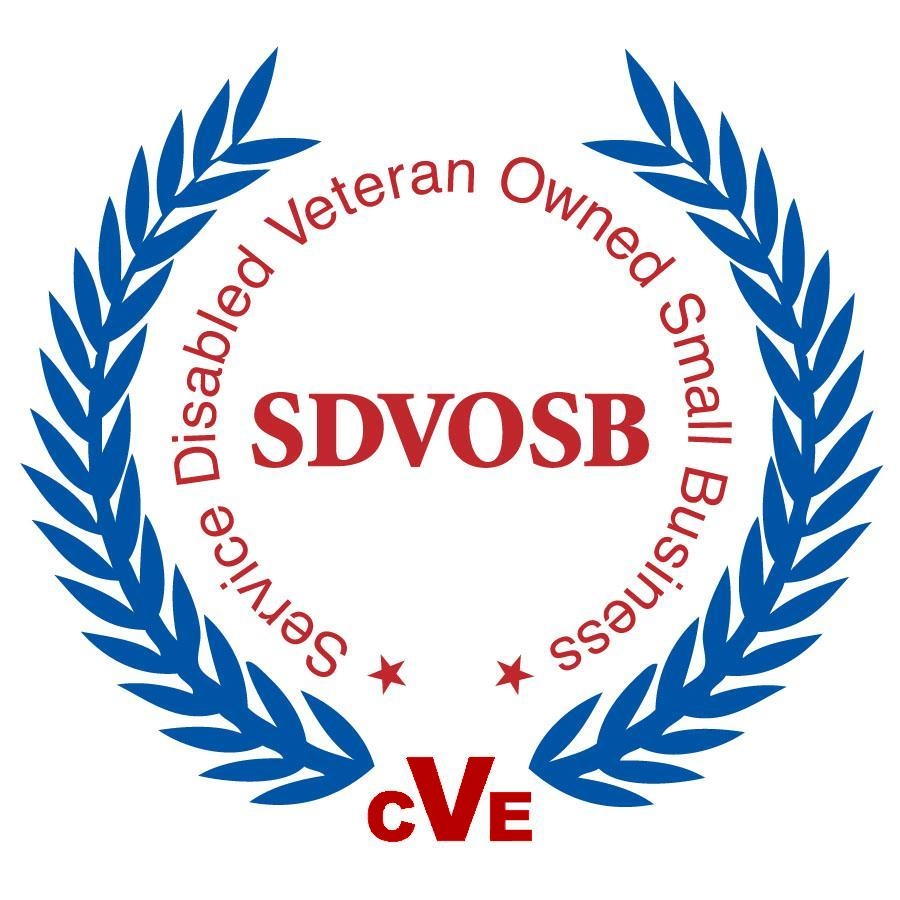

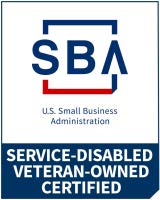



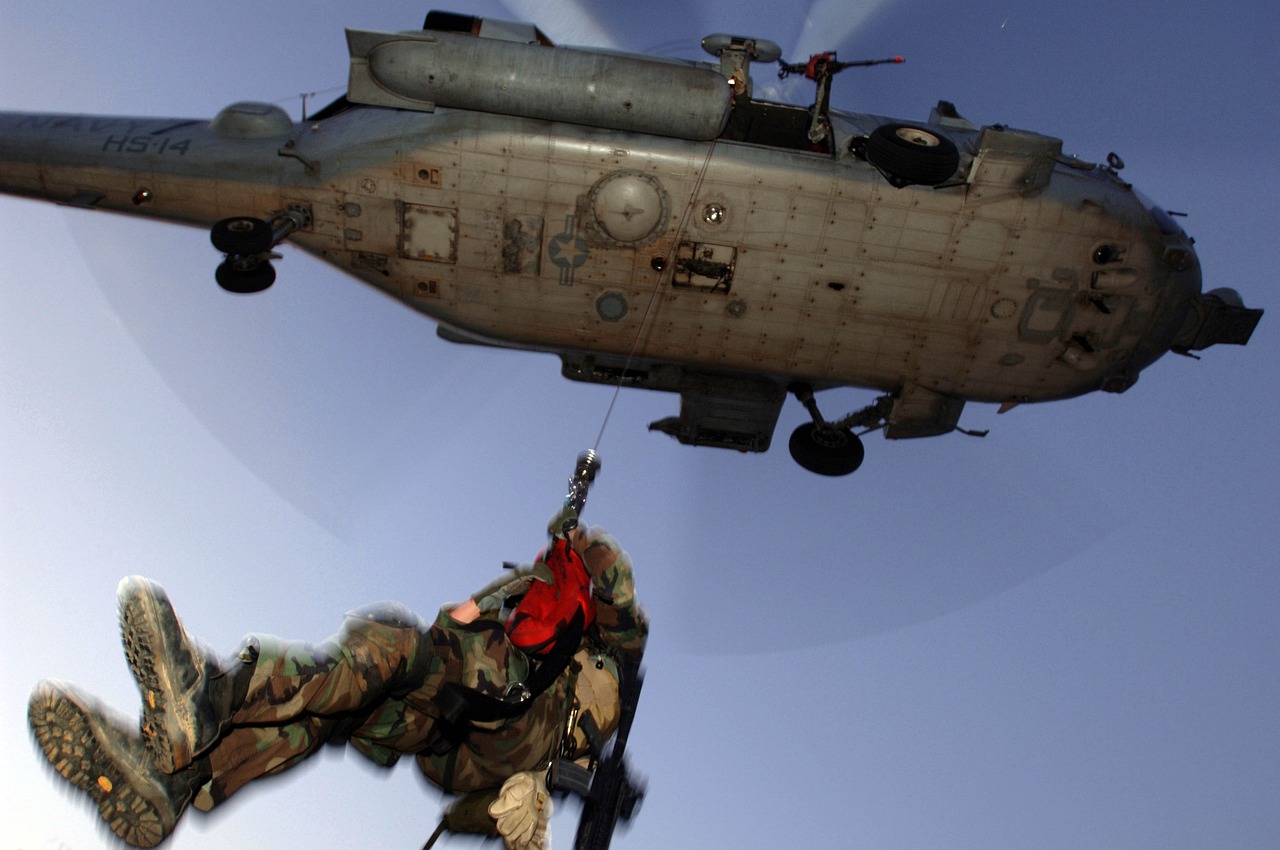
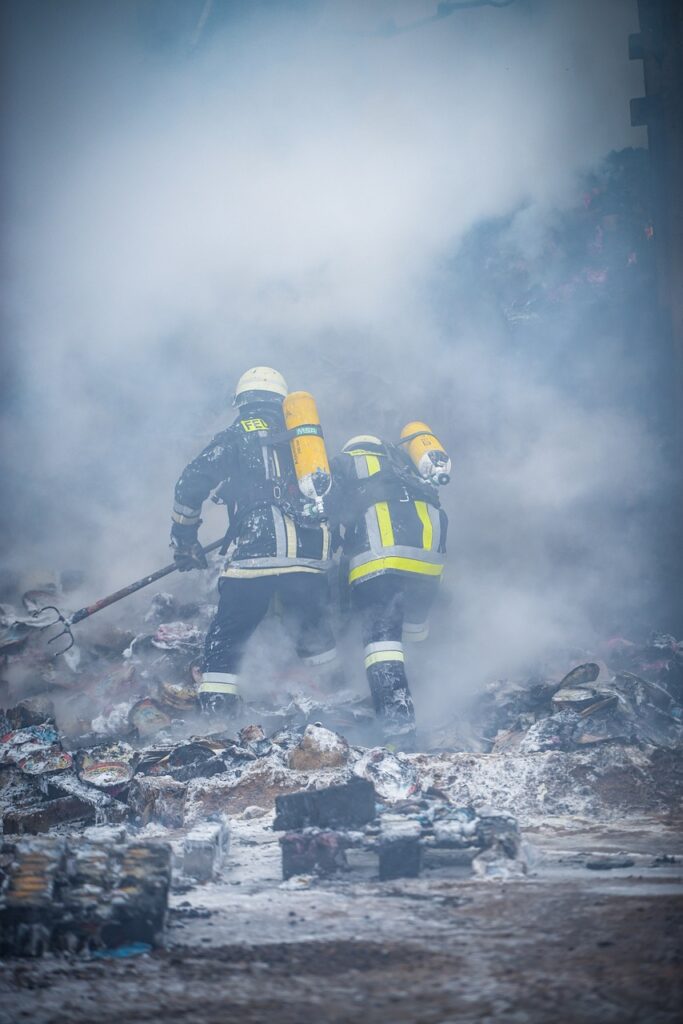
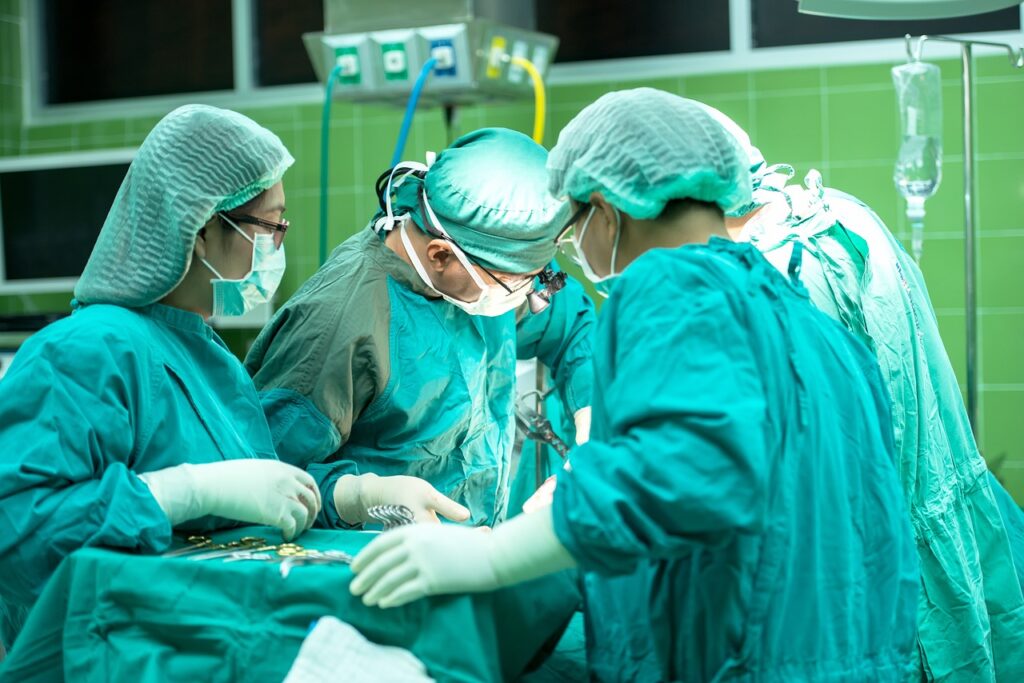
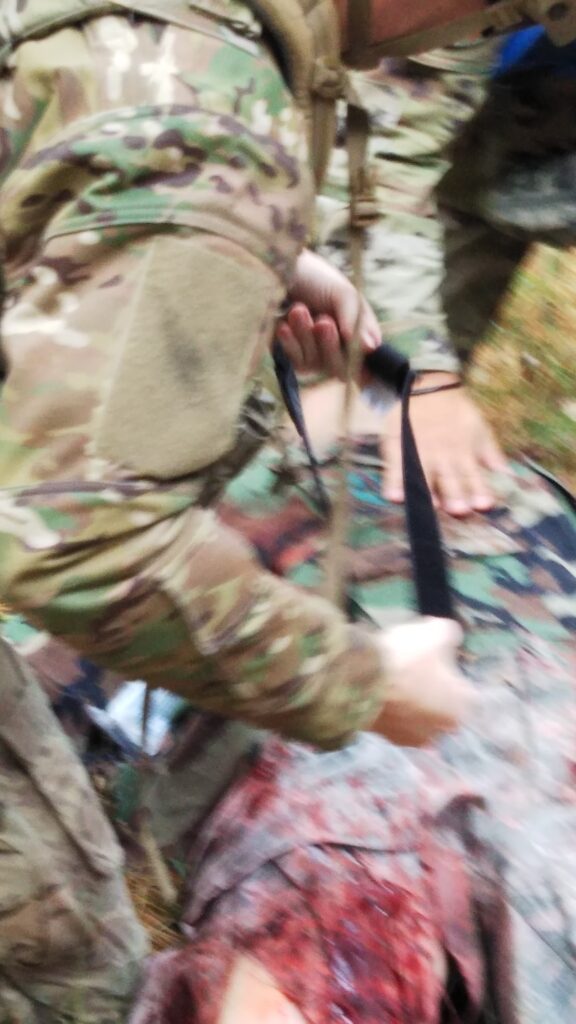
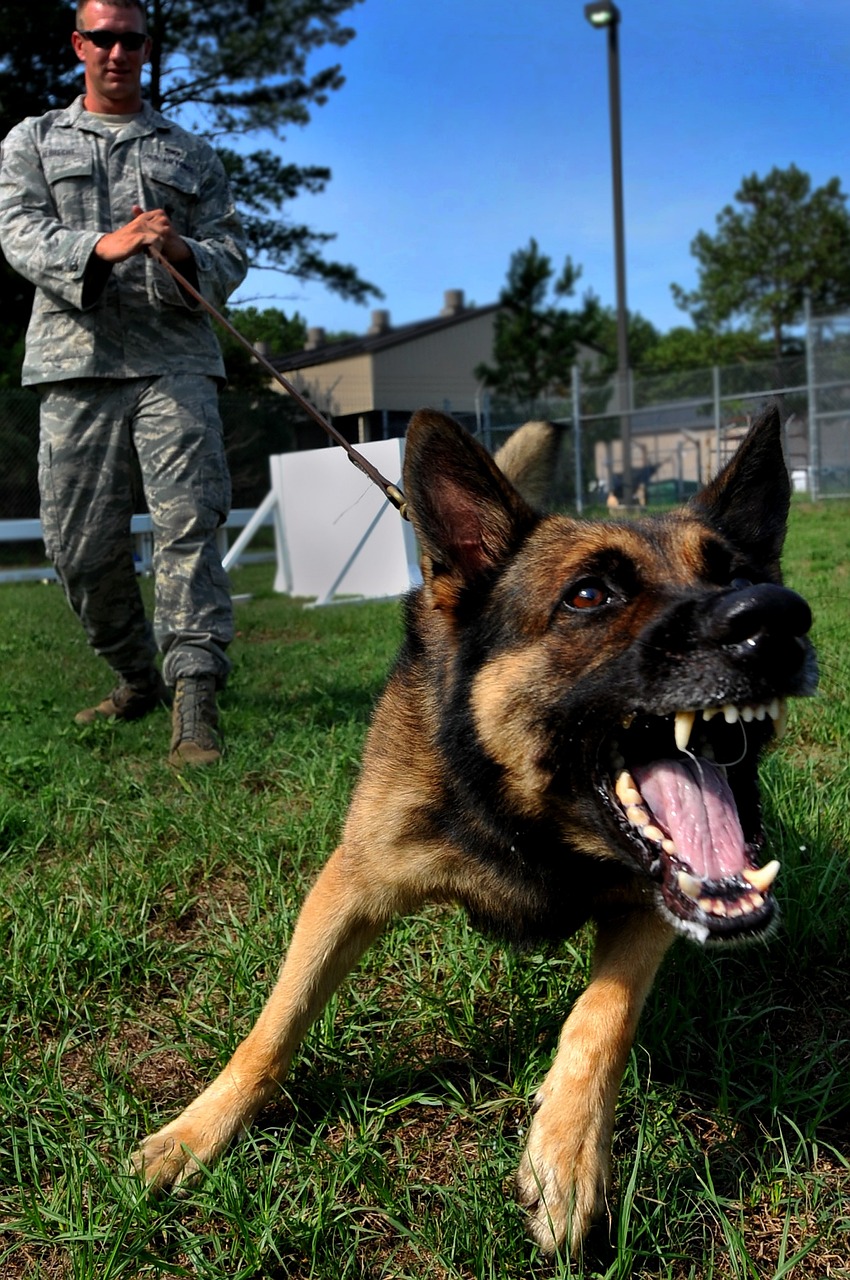
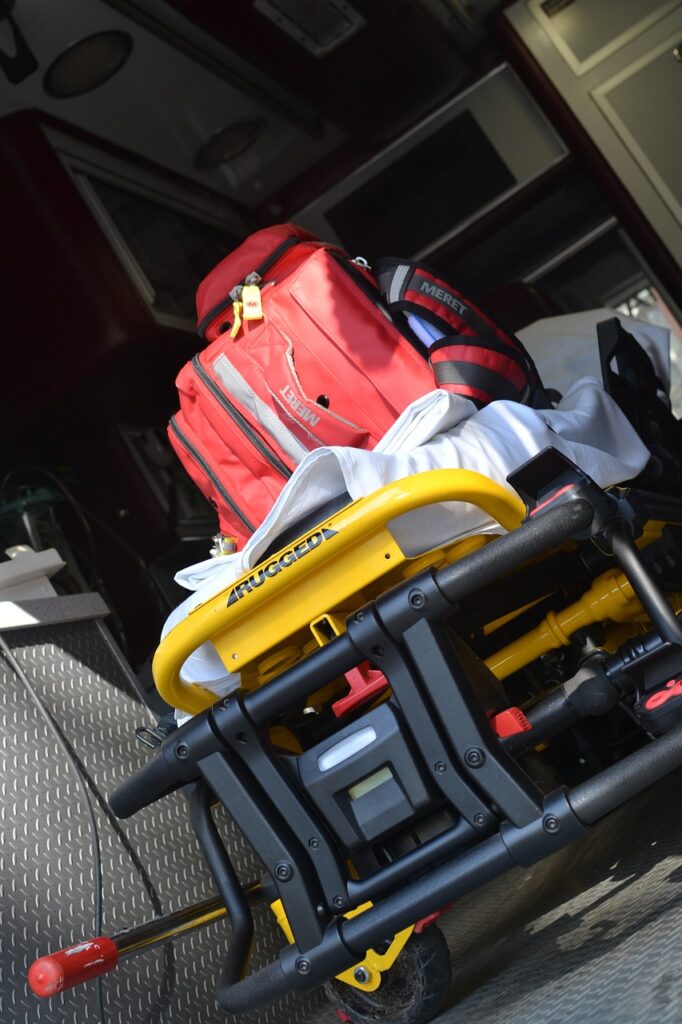
Prepare for the worst, train like the best, and remain unfazed by anything in between.
Training Essentials
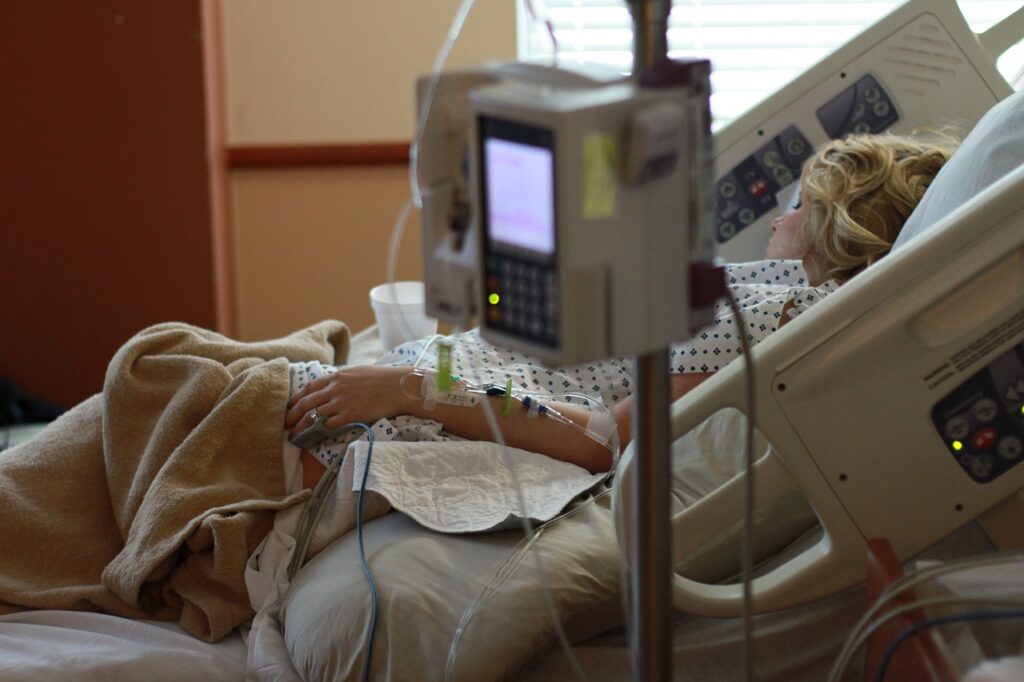
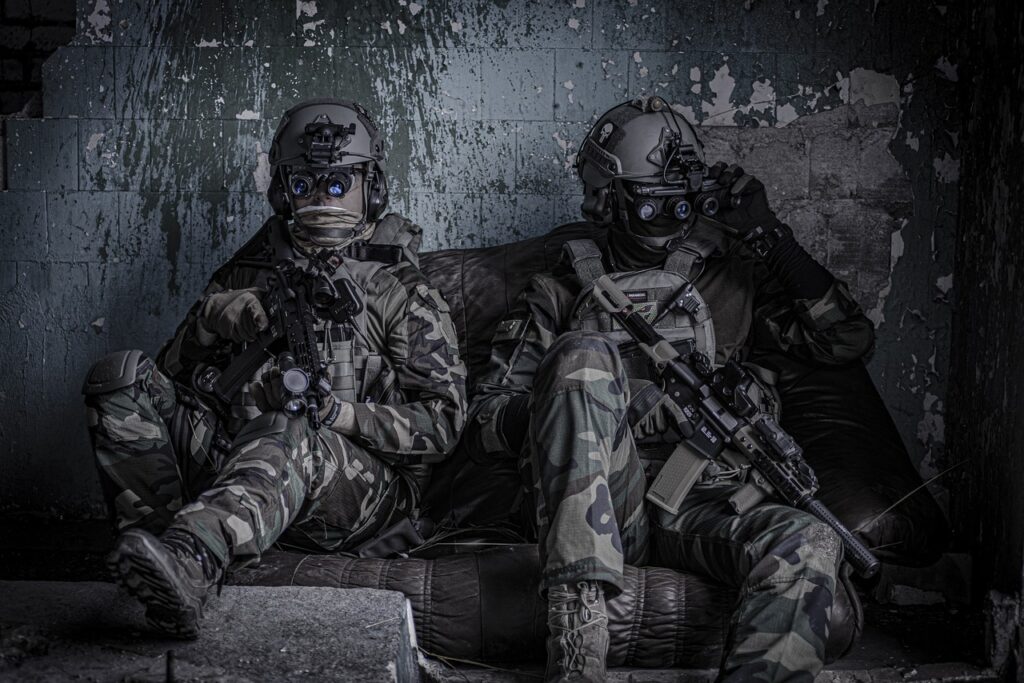
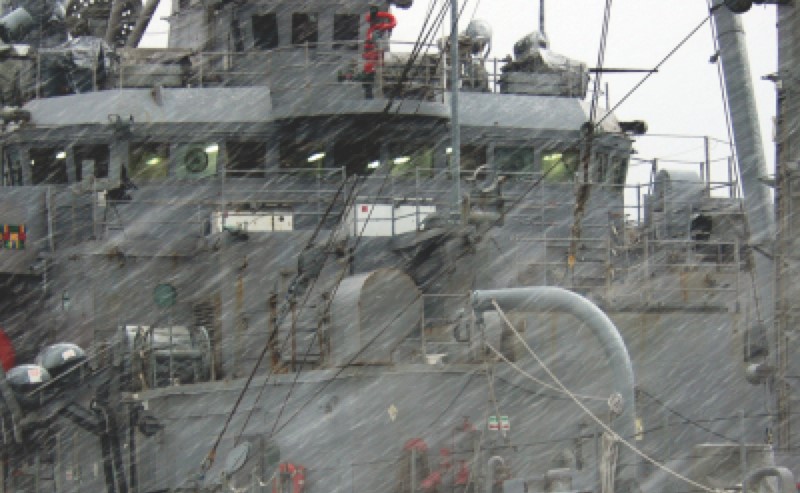
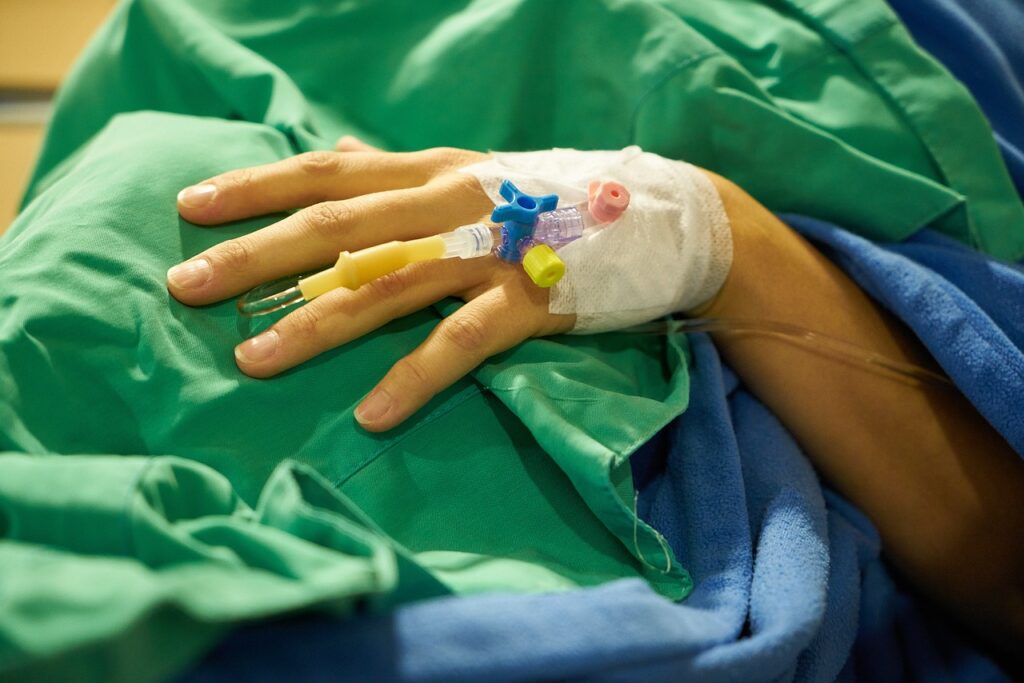
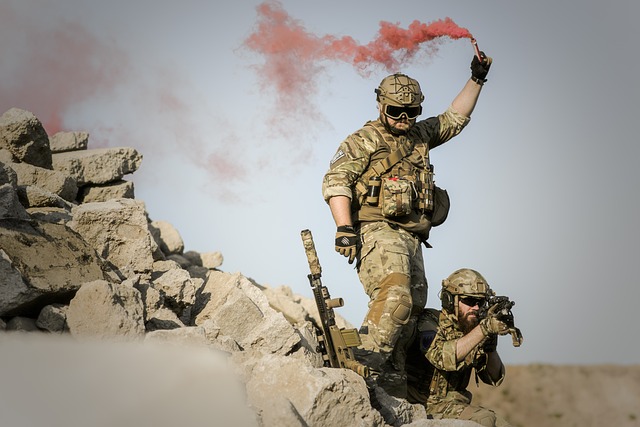




Copyright © 2024, CRE-8 llc. All rights reserved.





